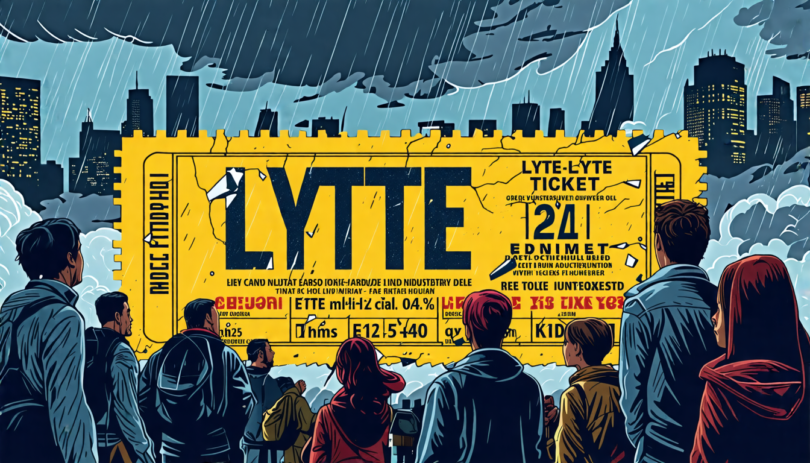The Collapse of Lyte and Its Implications for the Ticketing Sector
In a surprising move that rippled through the ticketing industry, Lyte, a once-promising ticketing platform known for its fan-friendly ticket exchange system, ceased operations. This abrupt downfall not only stunned its users and stakeholders but also raises significant questions about the evolution and sustainability of the digital ticketing market.
Background on Lyte
Founded in 2013, Lyte aimed to revolutionize the ticketing industry by offering a platform where tickets could be bought and sold securely. This was in direct response to the widespread issues of ticket fraud and scalping that plagued the market. Lyte’s innovative approach allowed event organizers to regain control, increase attendances at events, and provide fair prices to consumers. Notably, its partnerships included major festivals and events across the United States, marking it as a significant player in the sector.
Reasons Behind the Collapse
The sudden collapse of Lyte in late 2023 can be attributed to several factors:
- Economic Headwinds: The broader economic downturn adversely impacted the entertainment industry, with reduced discretionary spending affecting ticket sales.
- Competition: Intense competition from larger ticket providers like Ticketmaster, which have extensive networks and deeper pockets, made it difficult for Lyte to maintain its market share.
- Operational Challenges: Despite its innovative platform, Lyte faced challenges related to scaling operations while maintaining service quality, which further strained its resources.
Implications for the Ticketing Sector
The exit of Lyte from the market leaves a void that may be hard to fill. Here are several implications of this development:
- Innovation Stagnation: Lyte was at the forefront of advocating for consumer-friendly practices in ticketing. Its demise might slow down the innovation within the sector, particularly around fair pricing and anti-scalping measures.
- Increase in Monopoly: The consolidation of major ticketing giants could accelerate, leading to fewer choices for both event organizers and attendees, potentially driving prices higher.
- Regulatory Impact: Increased scrutiny from regulators might ensue as the market contracts, which could lead to new reforms in the ticketing industry, aiming at protecting consumers and promoters from monopolistic practices.
The Road Ahead
While the downfall of Lyte signifies a troubling development in the ticketing industry, it also opens up the stage for potential reforms and the arrival of new entrants who might fill the gap left by Lyte. The sector is at a critical juncture where innovation, consumer protection, and healthy competition need to be balanced to foster an environment that benefits all stakeholders in the ticketing ecosystem.
In conclusion, the collapse of Lyte presents a complex challenge but also an opportunity for rejuvenation within the ticketing sector. It serves as a wake-up call for the industry to prioritize sustainability and innovation while ensuring the interests of consumers are safeguarded.







